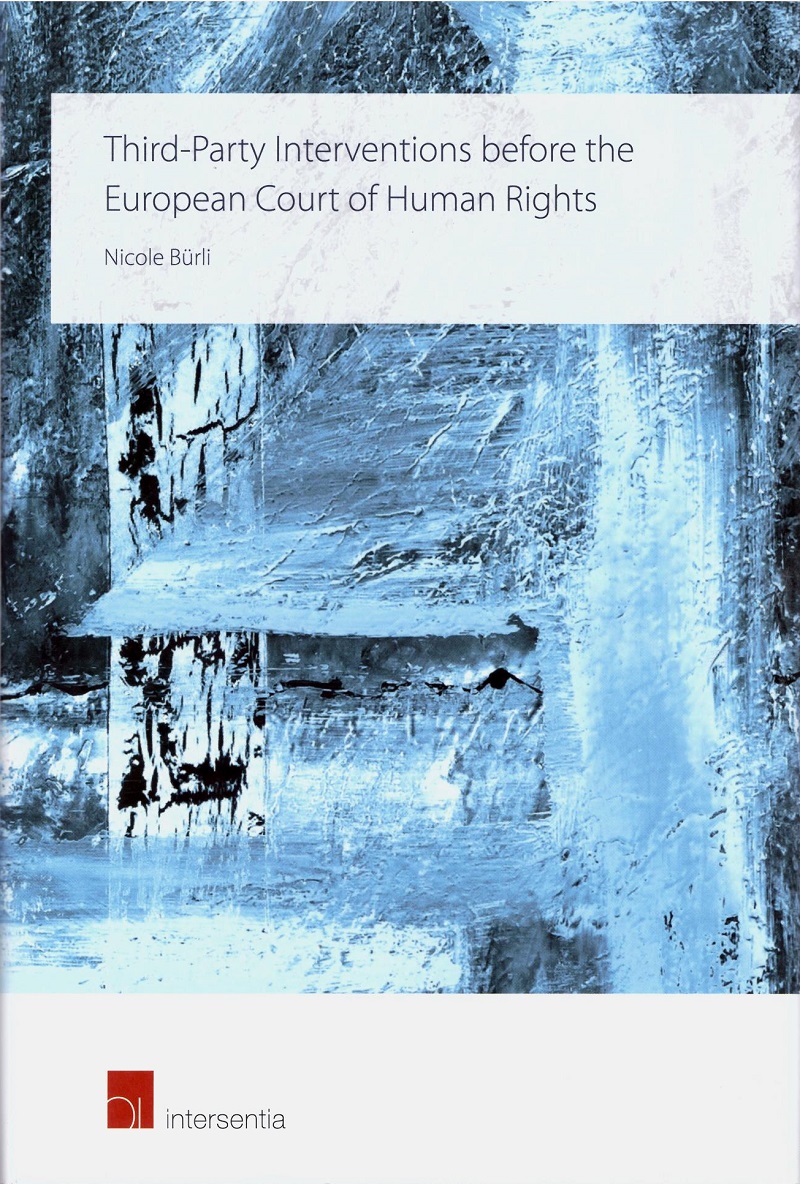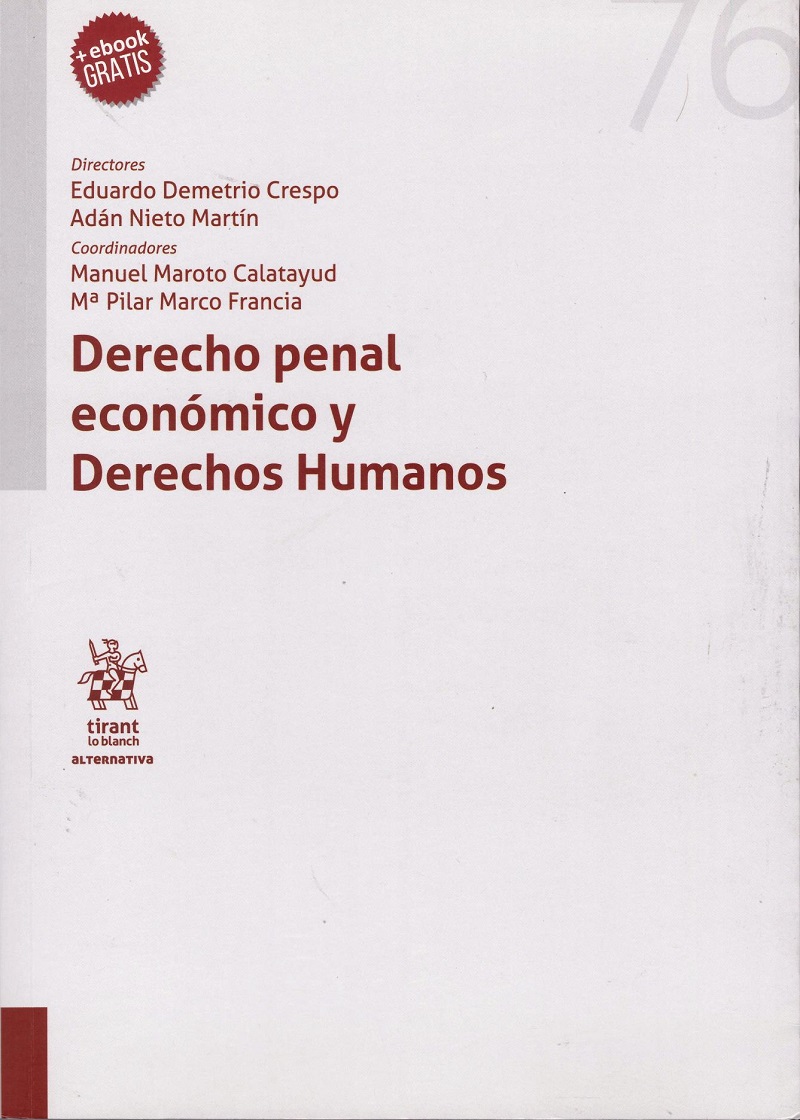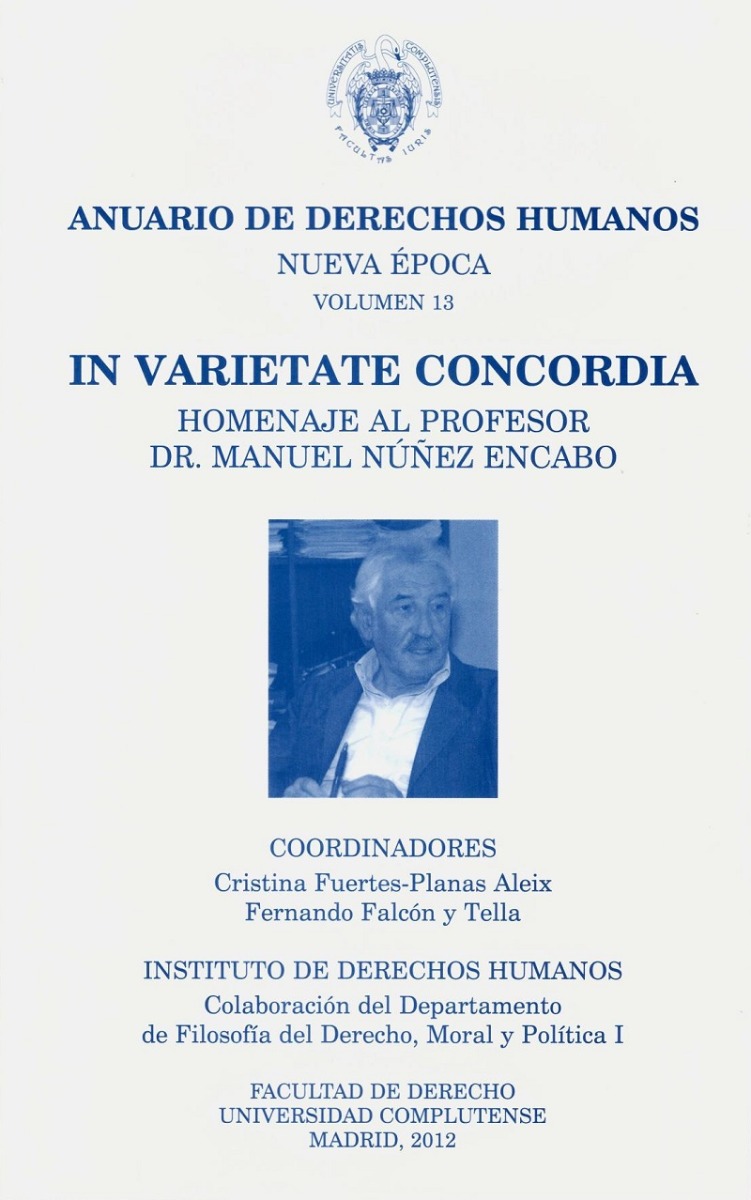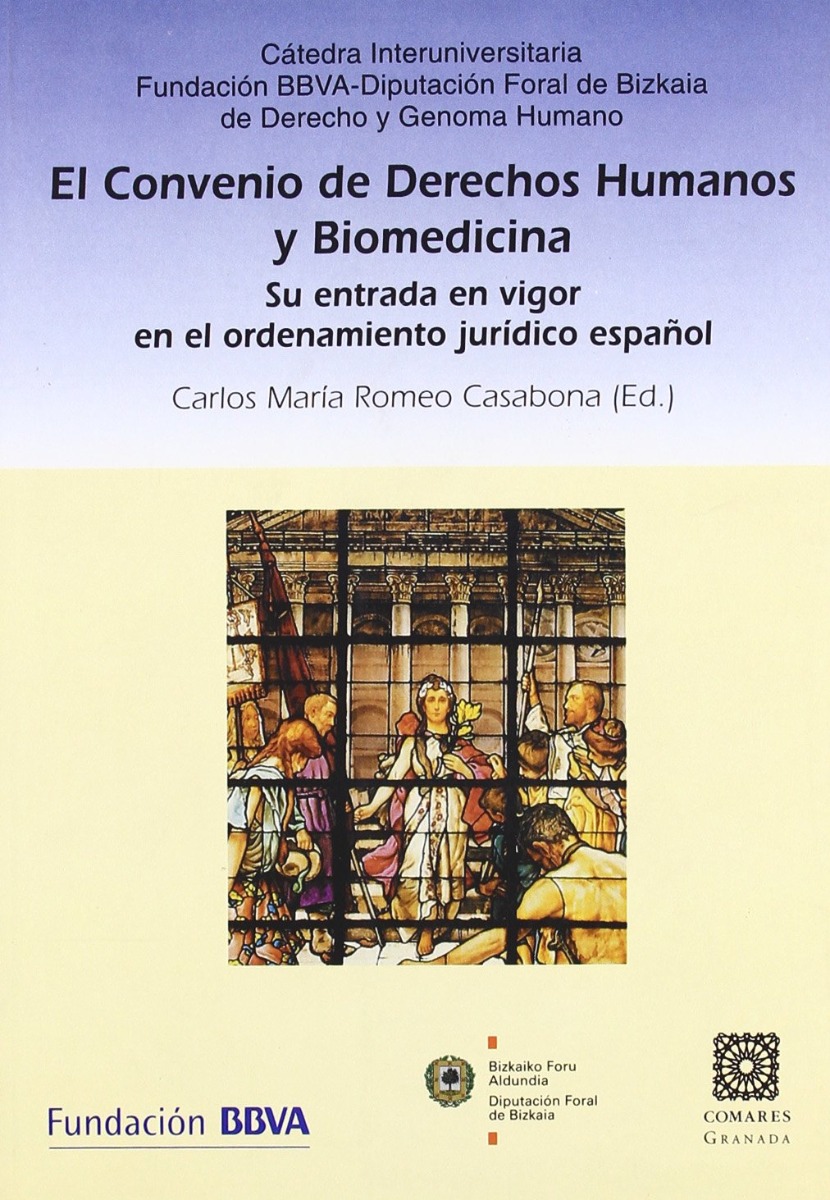Third-Party interventions before the European Court of Human Rights
Over the past decades the European Court of Human Rights has been increasingly engaged in constitutional decision-making. In this time the Court has decided whether abortion, assisted suicide, and surrogate motherhood are human rights. The Court’s judgments therefore do not just affect the parties to a particular case, but individuals, other member states, and often European society at large. Unsurprisingly, a variety of entities such as non-governmental organisations, try to participate in the Court’s proceedings as third-party interveners. Acknowledging a certain public interest in its decision-making, the Court accepted the first intervention in 1979. Since that time, interventions by individuals, member states and non-governmental organisations have increased. Yet despite this long-standing practice, third-party interventions have never been fully theorised.
Third-Party Interventions before the European Court of Human Rights is the first comprehensive and empirical study on third-party interventions before an international court. Analysing all cases between 1979 and 2016 to which an intervention was made the book explores their potential influence on the reasoning and decision-making of the Court. It further argues that there are three different type of intervention playing different roles in the administration of justice: amicus curiae interventions by organisations with a virtual interest in the case which strengthen the Court’s legitimacy in its democratic environment, member state interventions reinforcing state sovereignty, and actual third-party interventions by individuals who are involved in the facts of a case and who are protecting their own legal interests. As a consequence, the book makes a plea for applying distinct admissibility criteria to the different type of interventions as well as a more transparent procedure when accepting and denying interventions.










